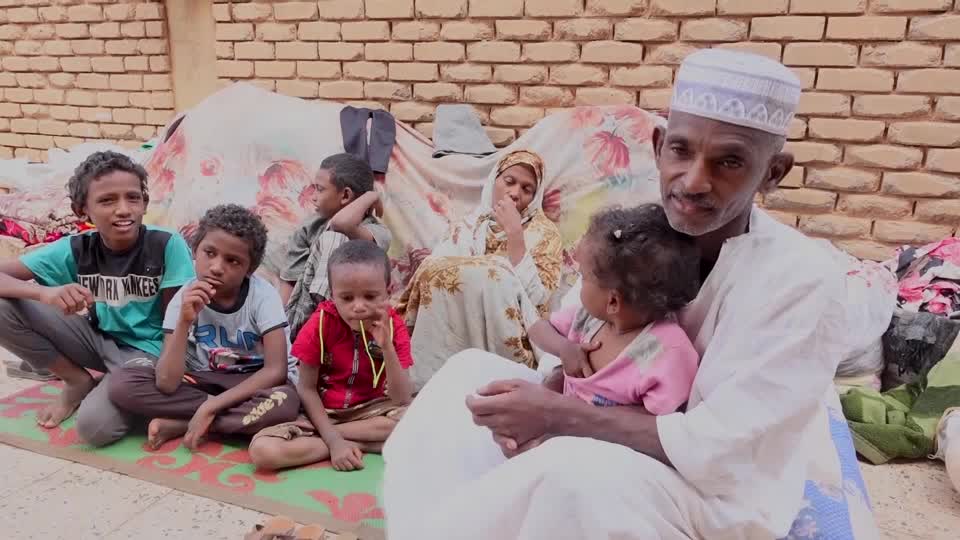Sudanese who escaped from war-torn Tuti island speak of hunger, disease

OMDURMAN (Reuters) – Muhammad Awad and his family are among dozens who escaped Sudan’s Tuti island earlier this year amid a siege by the Rapid Support Forces, finding refuge at a shelter after surviving for months on scant food and the risk of disease.
The island in the middle of the Nile serves as a microcosm for the devastation unleashed by a war that began in April 2023.
More than 61,000 people are estimated to have died in Khartoum state during the first 14 months of Sudan’s war, significantly more than previously recorded, according to a new report.
Activists report that the RSF charged people large sums to evacuate them.
“There is no good food, and there’s a lot of diseases, there is no sleep, no safety,” Awad said, holding one of his children at the shelter for displaced residents in Omdurman, an army-controlled refuge.
The island is one of 14 places across Sudan at risk of famine, according to experts. Dengue fever has ravaged Tuti, a close-knit farming community.
Sarah Siraj, a mother who left with her two children, said six or seven people were dying daily, and that she was only able to have her children treated for dengue, a mosquito-borne disease, once she reached Omdurman.
Charity kitchens have been forced to close in Tuti and elsewhere in the capital Khartoum due to lack of funding and supplies, and high prices.
Rabeea Abdel Gader, a nutrition guide, has been treating newly arrived families at a city shelter.
“We ask the mother about what they eat…. Sometimes the mother responds with her tears. She cannot reply because of their conditions,” she said.
The RSF did not respond to a request for comment by Reuters.
(Reporting by El Tayeb Siddig, writing by Nafisa Eltahir; Editing by Bernadette Baum)